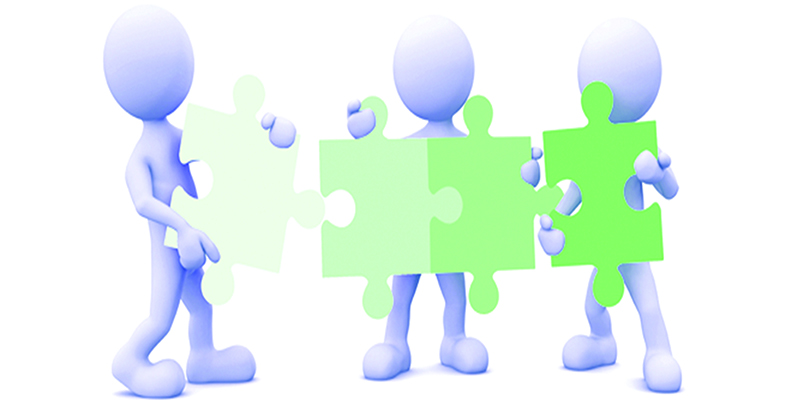1.3 Group working functions
The skills the project manager needs to consider in the team members are not just the required technical ones, but also the ability to carry out functions supporting group working and the team itself. This (1974) described these team and group working support functions as task and maintenance functions. People usually take on a number of roles during the life of a team and these can be placed under these task and maintenance headings, both of which are necessary for the team to achieve what it sets out to do. Task functions help to get the job done and will have an influence upon product quality by doing such things as initiating action, seeking information and opinions, clarifying and summarising. Maintenance functions hold the team together and keep good relations going between its members by such activities as encouraging, harmonising and setting standards.
Levi (2007) argues that, to function effectively, groups perform two basic types of behaviours: task and social behaviours, with the latter focusing on the social and emotional needs of group members. He cites the work of Benne and Sheets (1948) in a table of types of group behaviours.
| Behaviour | Function |
|---|---|
| Task behaviours | |
| Initiator/contributor | Proposes new ideas or new ways for the group to act |
| Information giver | Provides data and facts for decision making |
| Information seeker | Requests more information to help in making decisions |
| Opinion giver | Provides opinions, values and feelings |
| Opinion seeker | Requests the opinions of others in making decisions |
| Coordinator | Shows relationships of ideas to organise the discussion |
| Energiser | Stimulates the group to continue working |
| Evaluator/critic | Questions the group’s ideas and procedures |
| Social behaviours | |
| Encourager | Supports and rewards others |
| Harmoniser | Mediates conflicts among members |
| Compromiser | Shifts their position in order to reduce conflict |
| Expediter | Facilitates communications from others |
| Standard setter | Evaluates the quality of the group’s interactions |
| Follower | Accepts ideas of others |
| Group process observer | Observes and comments on the group’s processes |
